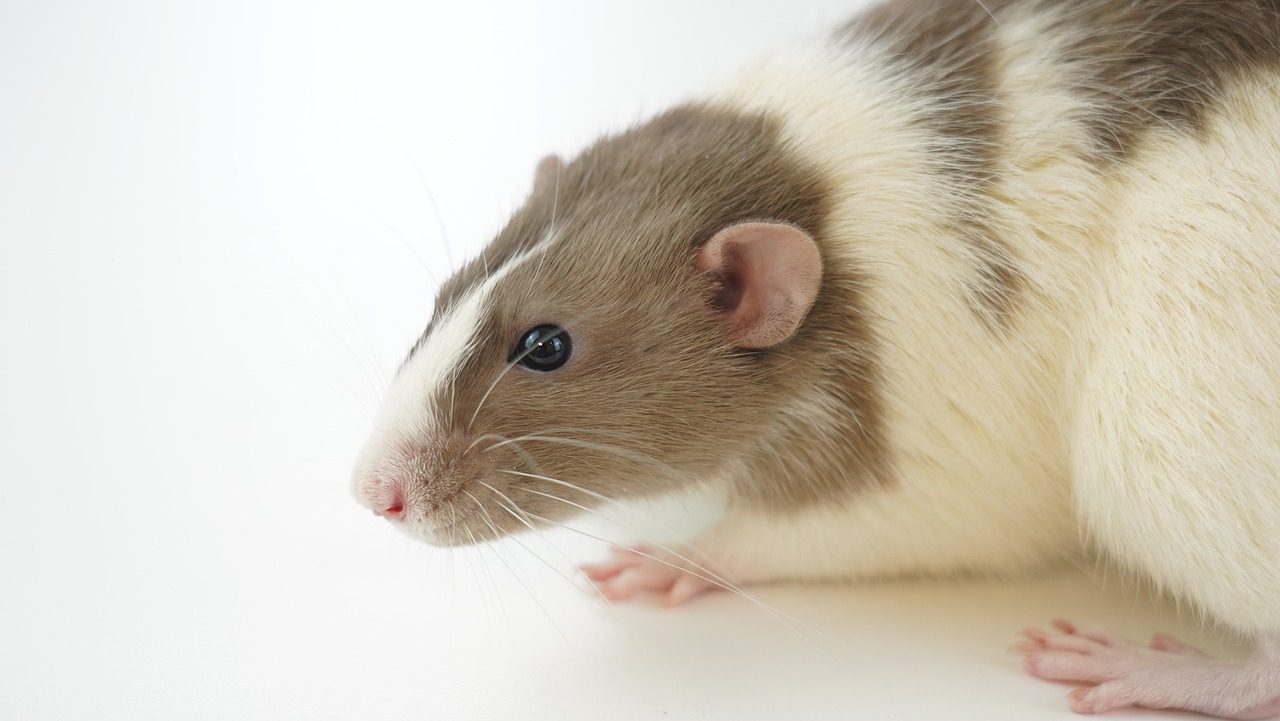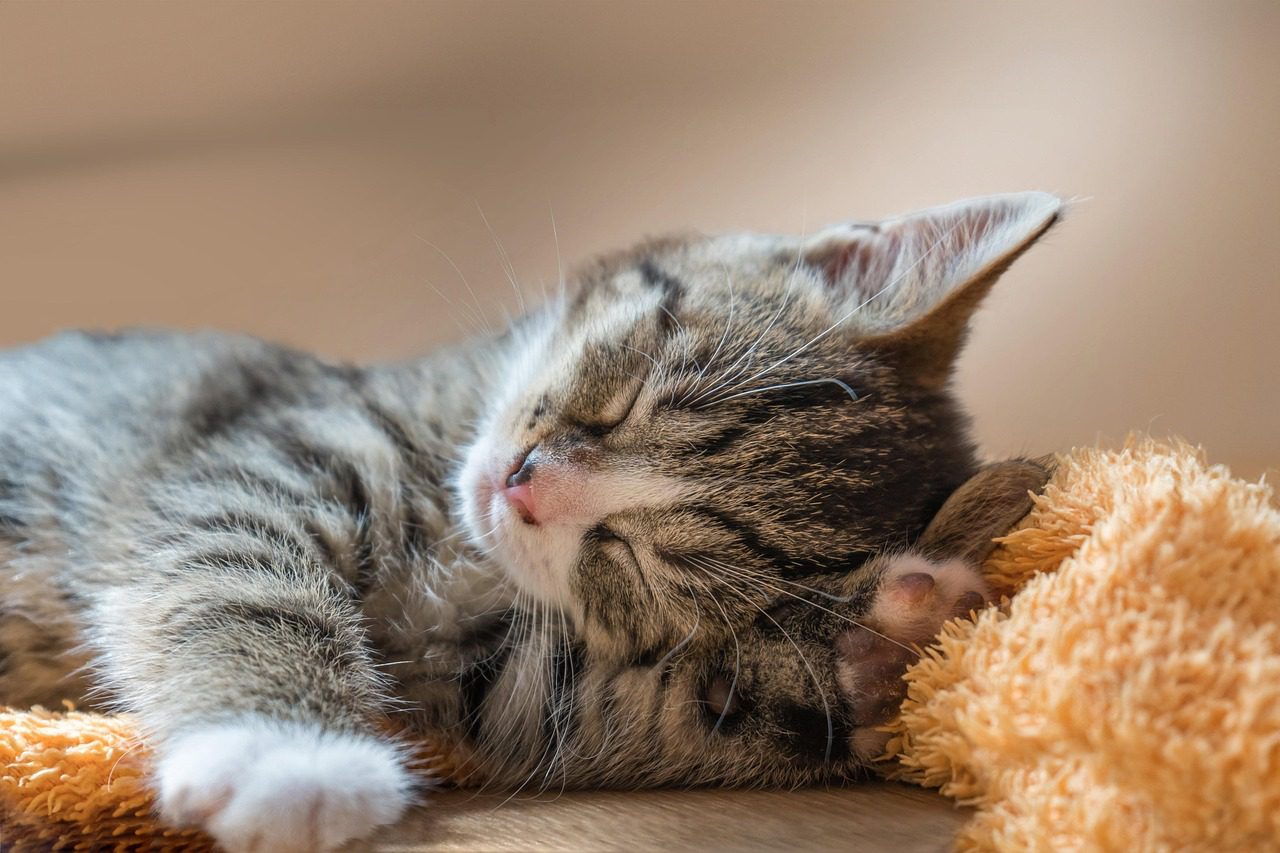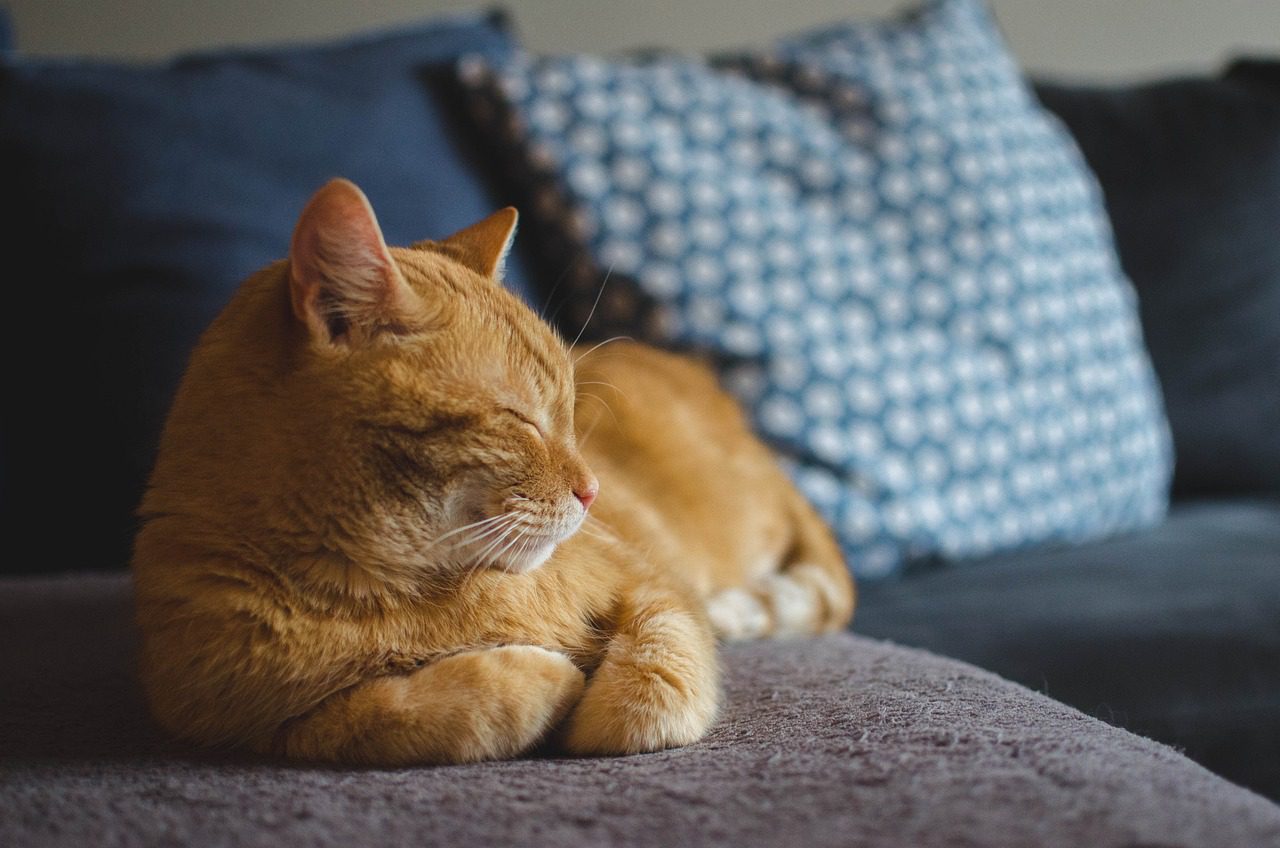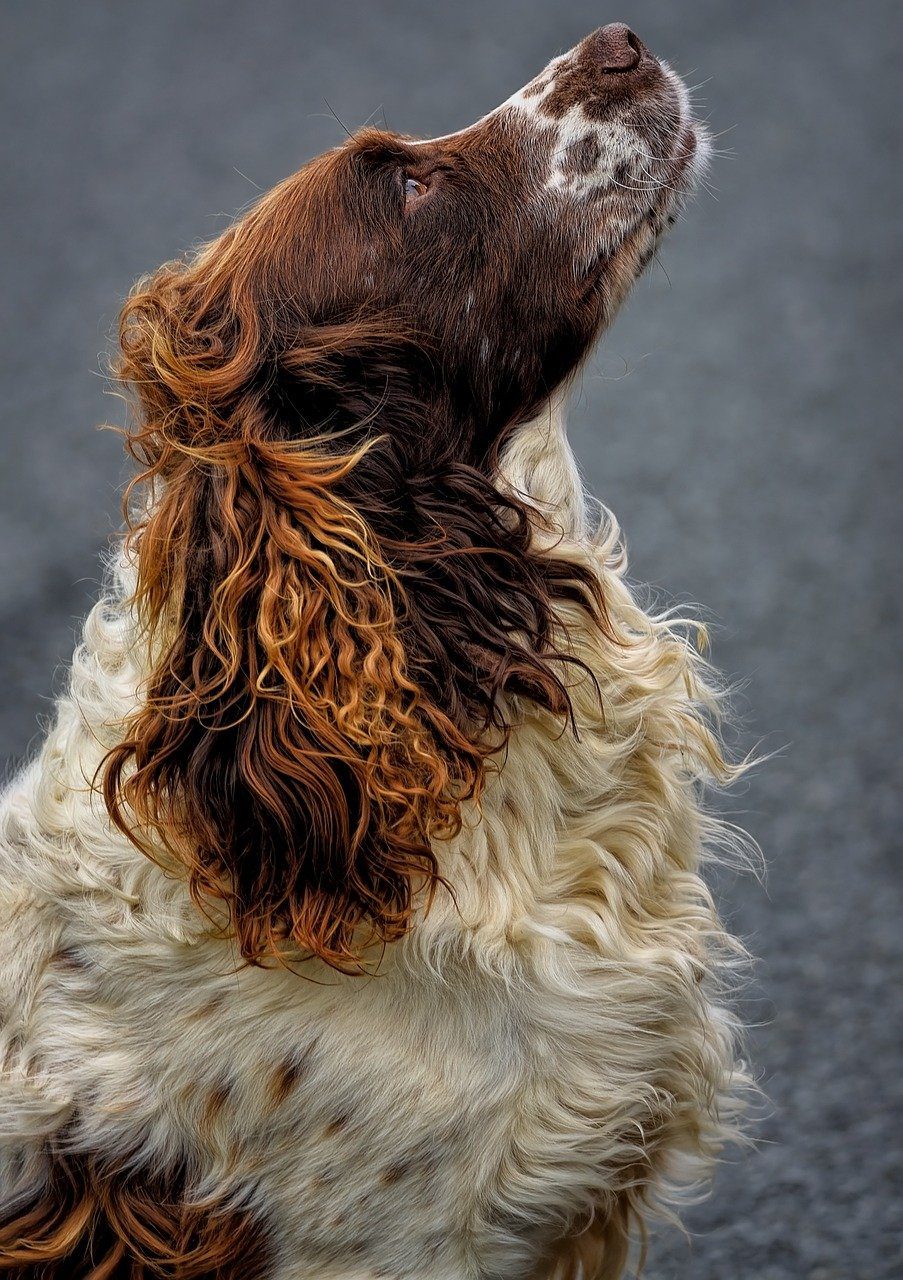Lima was having trouble breathing.
She is just three months old, one of a new pair of pet rats. She had been fine until quite suddenly her owner noticed that her breathing sounded crackly.
The owner made a recording of the sounds of her breathing, which was helpful because by the time I saw her, just a short period later, it was back to normal.
Having examined her, and enjoyed a lovely cuddle with her, I felt she was not ill as such. She must have either caught some dust in her airways, or perhaps had suffered a first asthmatic attack.
Pet rats rarely need a vet, but when they do respiratory or breathing troubles are a common problem.
Like us, rats are prone to many infections that can affect their respiratory system. They can catch viruses, mycoplasma and bacteria, and sometimes all three together. Once an infection has settled into their lungs, it can be very hard to cure them.
How pets like Lima are kept and fed can make a significant difference to their respiratory health.
As with ourselves, their immune systems are dependent on a healthy diet. And a strong immune system makes us safer from infections. If a rat’s food is deficient in any trace element, mineral or vitamin, they can be more prone to infectious disease. They particularly need vitamins A and E for a healthy respiratory system.
Rat owners might think they are providing a quality diet, but if it is in a muesli form, this may not be the case. Rats will pick through the muesli, eating their favourite parts, and rejecting others. This can lead to dietary deficiencies and illness. Pelleted foods prevent this.
Providing the right environment is also vital.
Like us, they require fresh air and good home ventilation to reduce the risk of re-breathing high levels of germs.
This is why I do not recommend plastic or glass vivarium’s for rats. Open sided cages provide much better ventilation, as long as there is a bed area away from any draughts.
It is also important to remove rat urine from their cages daily. Otherwise inhaling the ammonia from stale urine can damage their delicate breathing apparatus.





